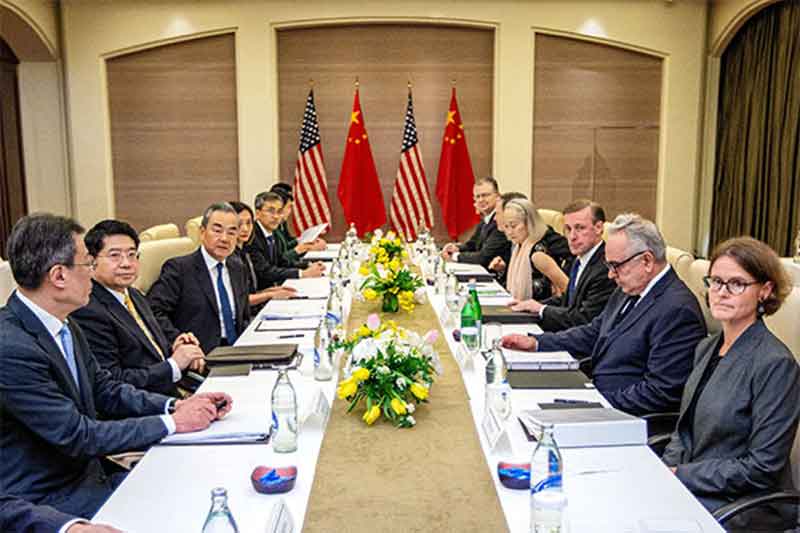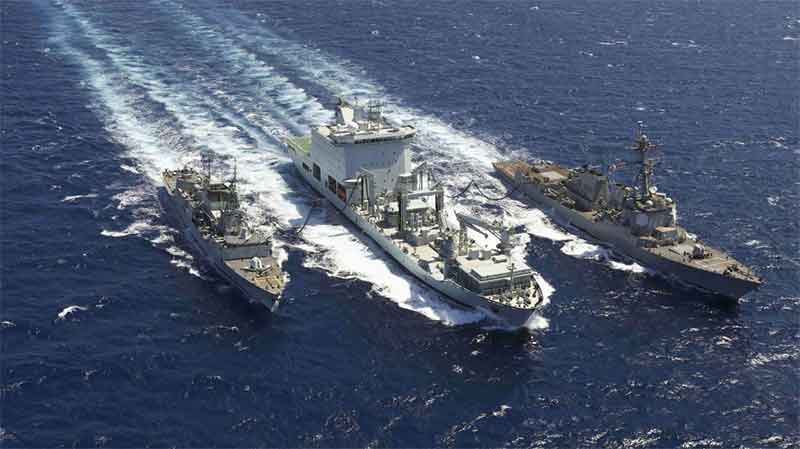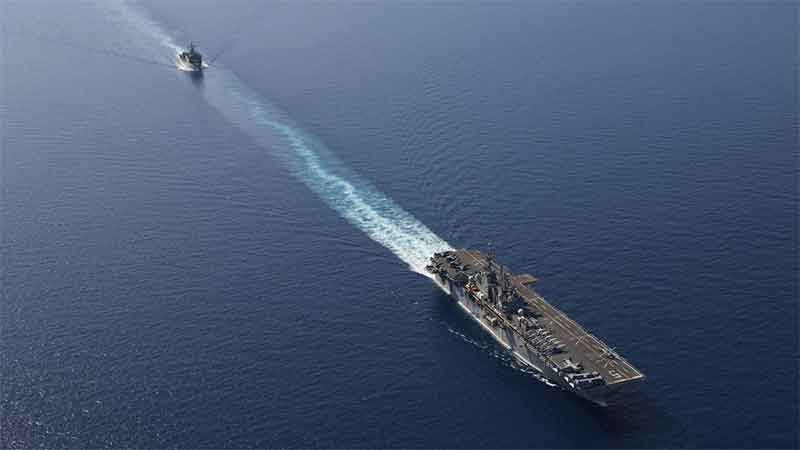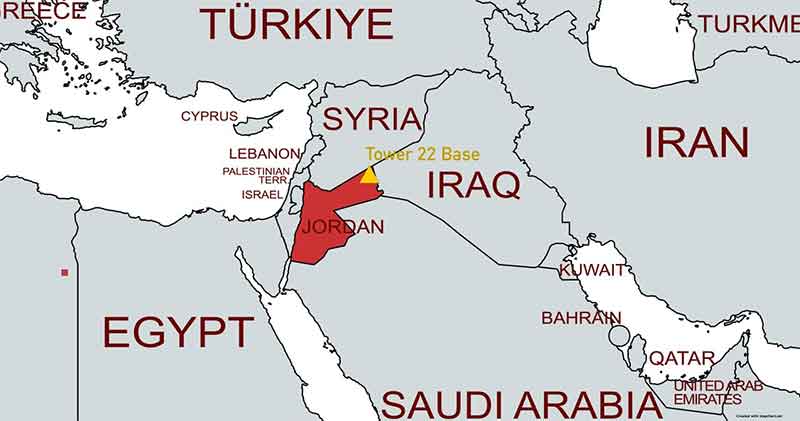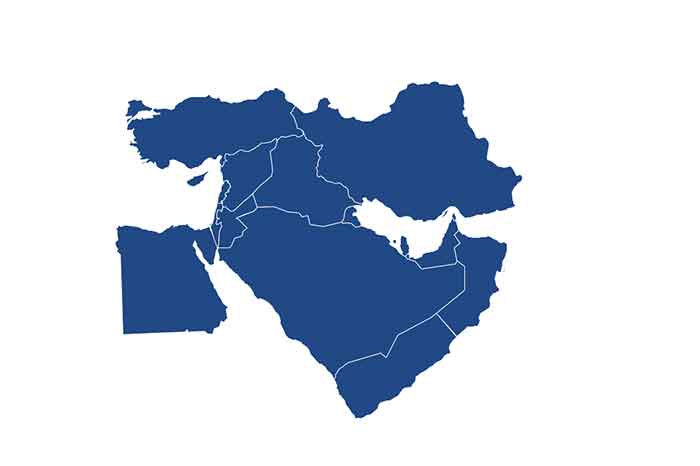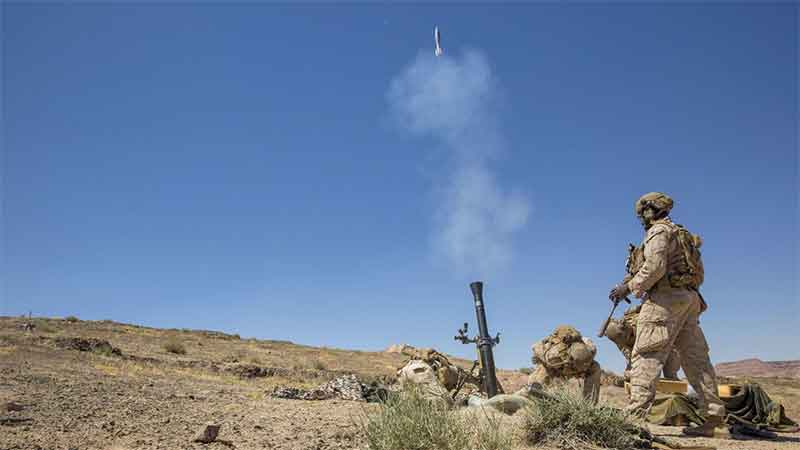
On January 28 and 29 the already volatile situation in the Middle-East escalated suddenly with three attacks whose source or other aspects were clouded in uncertainty and dispute. First, a US military base Tower 22 in Jordan, very close to the border with Syria and Iraq, was attacked using a drone, killing three US military personnel and injuring over 30 others. The USA blamed Iran-linked militias. Iran denied any involvement.
Secondly, two people were killed and several wounded in what Iranian and Syrian media said was an Israeli attack on the outskirts of Damascus. Till the time of writing this, there had been no comment from Israel.
Third, Yemen’s Houthi rebels said that they attacked a US navy mobile base at sea but this was denied by a US defense official.
These three attacks in quick succession indicate an increasing frequency of such attacks, using missiles, drones and rockets, in the middle-east. Since the October 7 Hamas attack on Israel, US troops in Iraq, Syria and Jordan are reported to have been attacked over 150 times, mostly by militias but the identity of the source of various attacks has often not been certain. An additional complicating factor is that the extent to which the various militias and terror groups active in the area have linkages with the government of any country can also be a very controversial issue. Having links may not mean having control.
In addition there have been the Houthi attacks in the sea, although in their context there is often no attempt to hide the source and they generally appear to be all-too willing to ‘claim credit’ for attacks and sometimes to exaggerate them, a tendency which too can become a cause of escalation in certain conditions.
Given the frequency of all such attacks, almost twice a day on average since October 7, it was only a matter of time before one of these would lead to some deaths and a higher number of injuries involving soldiers of the most powerful country, exactly what happened in the January 28 attack on the Jordan military base of the USA.
Immediately after this several hawkish voices in the USA which have always been asking for an attack on Iran began to raise even more shrill demands for this. At the same time, however, several saner voices were also heard saying that high risk escalation should be avoided. On January 29 the White House vowed a “very consequential response”, with President Biden blaming Iran-backed militias.
While several such attacks have caused very limited damage, there is always a possibility that in certain conditions ( such as a big gathering or highly inflammable place being hit) some attacks cause even bigger harm than what was even intended by the attacker, including many deaths. If, for example, the deaths caused in such an attack are about 25 or so, or even higher, the leadership of a powerful country like the USA may come under a lot of pressure for a highly disproportionate response, particularly when there is no dearth of instigating forces, all the more so in an election year, when those in the ruling establishment may feel that they cannot be seen to be weak in the face of an attack that has killed many soldiers.
Hence the clear conclusion is that such a dangerous situation of one or two such attacks on daily basis cannot be allowed to persist for too long if a sudden escalation of the already volatile situation is to be avoided. Who knows, bigger such attacks in which the source remains unclear, in which more people die, can even be planned with the deliberate purpose of escalation by those who want a wider, more prolonged war.
So this brinkmanship must end, this situation being constantly on the edge when intentional or accidental factors can lead to a big escalation must end. The most credible way to achieve is to have a ceasefire in Gaza followed by negotiations to settle various contentious issues peacefully, as well as a big relief and rehabilitation effort. As long as this basic solution of the crisis is neglected, any other efforts of minimizing chances of escalation or avoiding escalation (although still welcome for what they are worth) are unlikely to achieve much on their own.
While such attacks with drones and missiles where the identity of the attacker and other aspects are covered in uncertainty just now pose the highest risk in the middle-east region, of course these can be highly risky in other parts of the world too and wider efforts too are needed to check this aspect of warfare and escalation.
Bharat Dogra is Honorary Convener, Campaign to Save Earth Now. His recent books include Planet in Peril, Protecting Earth for Children, Earth without Borders and A Day in 2071.


